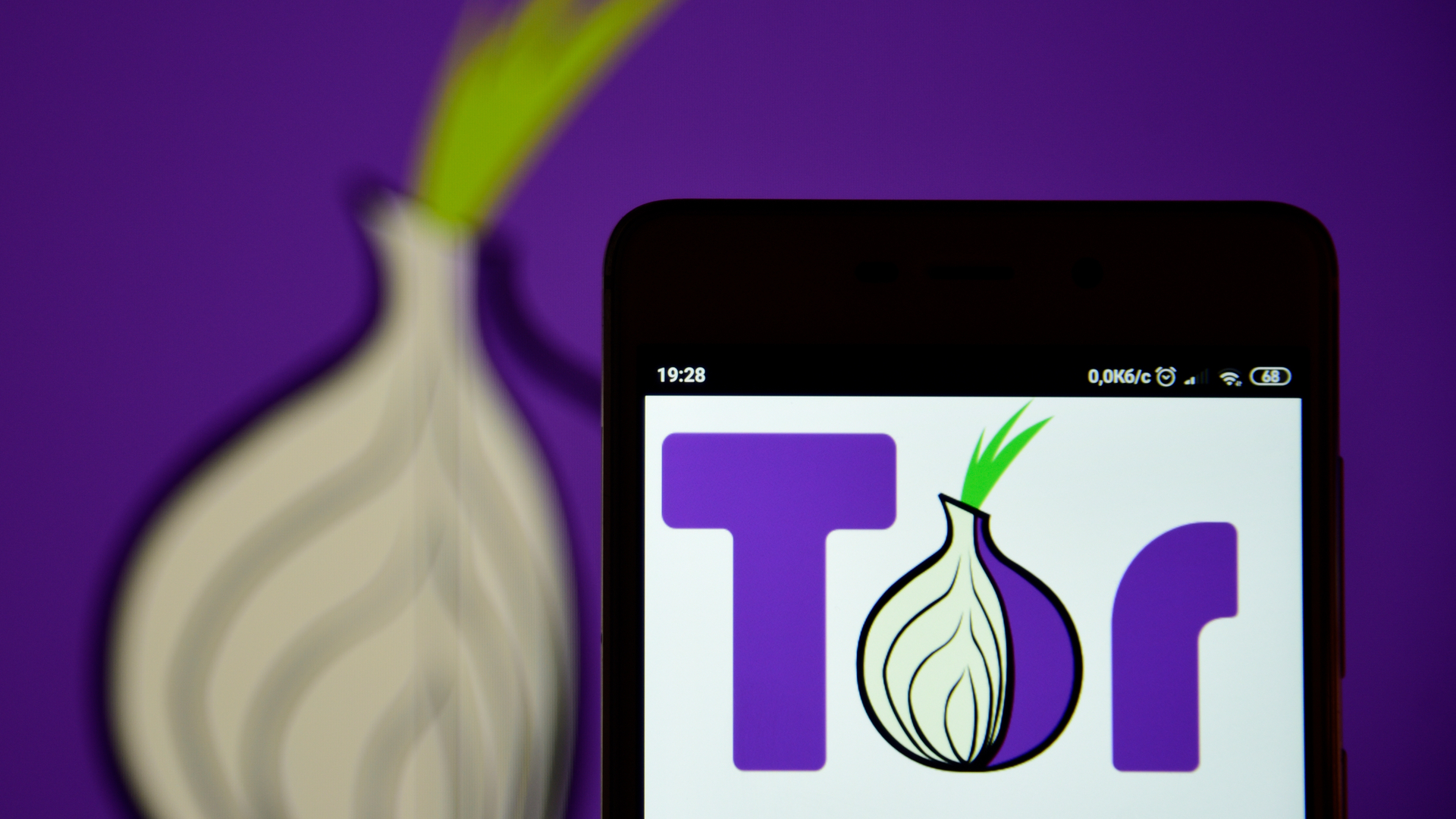Russia blocks access to Tor in censorship push
The Russian government has blocked access to the project's website, and default Tor bridges are no longer working


Russia has blocked the Tor Project's website, prompting the non-profit online anonymity service to call for help.
Tor, which develops software to support anonymous online services and web surfing, reported the block on Tuesday. Its community had noticed individual ISPs in Russia blocking the Tor website over the previous week, which has since culminated in a country-level block by the Russian Federal Service of Communications, Information Technology and Mass Media (Roskomnadzor).
Alongside the main website block, the Project also noted that the default Tor bridges (private relays that interface to its onion-routing network) are no longer working in some parts of Russia. The team responded to the blocks by asking for more Tor bridges to help Russians use the service.
It also called on others to pressure the Russian government. "International digital rights and human rights organizations must pressure Russia's government to immediately revert this censorship," it said.
Tor has already been struggling to find enough people to run Tor bridges. Last month, it launched a campaign offering project swag to new bridge operators.
A researcher also found earlier this month that a sophisticated threat actor has been operating thousands of malicious computers at all points in the Tor network since 2017 in an assumed attempt to deanonymize users.
RELATED RESOURCE

Russia has been steadily introducing new measures to control its internet infrastructure and wall itself off from the outside world. This includes multiple tests of a system to disconnect itself entirely from the global internet. Its Runet law, which came into force in 2019, introduced stronger measures to centralize traffic filtering and blocking.
Sign up today and you will receive a free copy of our Future Focus 2025 report - the leading guidance on AI, cybersecurity and other IT challenges as per 700+ senior executives
According to the Tor Project, Russia has the second largest number of Tor network users, numbering over 300,000 daily users or 15% of all Tor users.
Danny Bradbury has been a print journalist specialising in technology since 1989 and a freelance writer since 1994. He has written for national publications on both sides of the Atlantic and has won awards for his investigative cybersecurity journalism work and his arts and culture writing.
Danny writes about many different technology issues for audiences ranging from consumers through to software developers and CIOs. He also ghostwrites articles for many C-suite business executives in the technology sector and has worked as a presenter for multiple webinars and podcasts.
-
 Trump's AI executive order could leave US in a 'regulatory vacuum'
Trump's AI executive order could leave US in a 'regulatory vacuum'News Citing a "patchwork of 50 different regulatory regimes" and "ideological bias", President Trump wants rules to be set at a federal level
-
 TPUs: Google's home advantage
TPUs: Google's home advantageITPro Podcast How does TPU v7 stack up against Nvidia's latest chips – and can Google scale AI using only its own supply?
